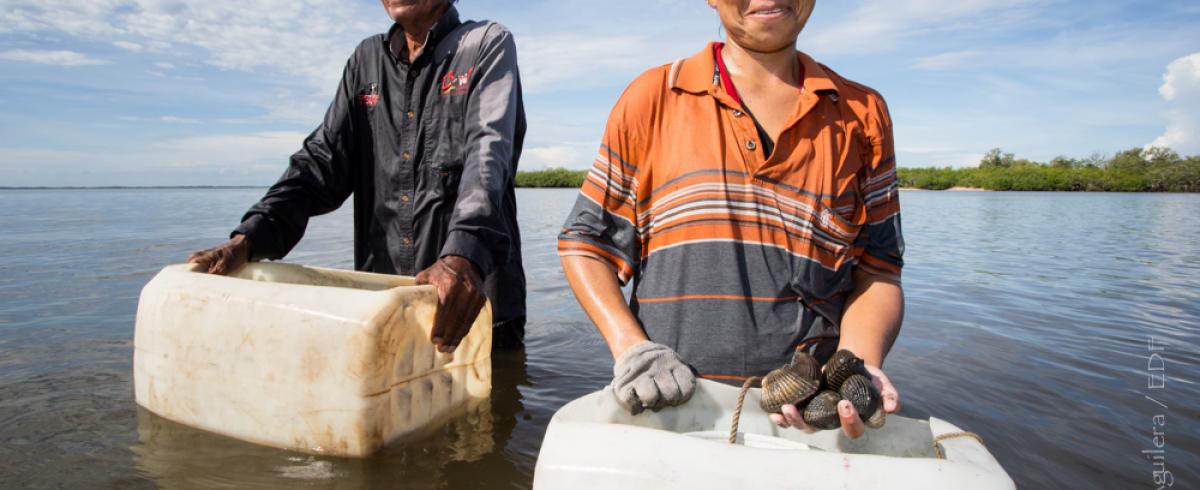Small-scale fisheries and sustainable development
Key findings from the Illuminating Hidden Harvests report - This brief presents the main results from the Illuminating Hidden Harvests (IHH) report, providing new, clearer insights to support the implementation of the Voluntary Guidelines for Securing Sustainable Small-Scale Fisheries in the Context of Food Security and Poverty Eradication (SSF Guidelines) and progress toward the Sustainable Development Goals (SDGs).

